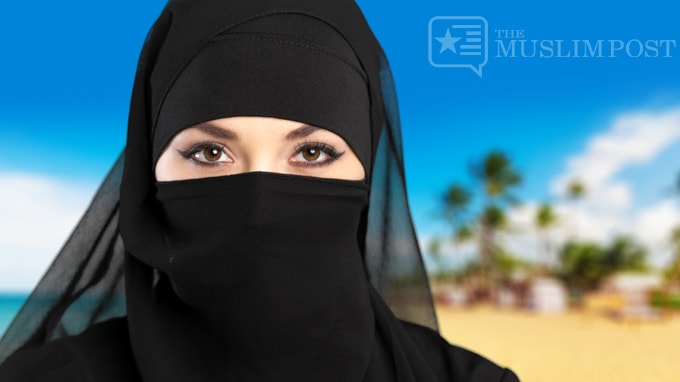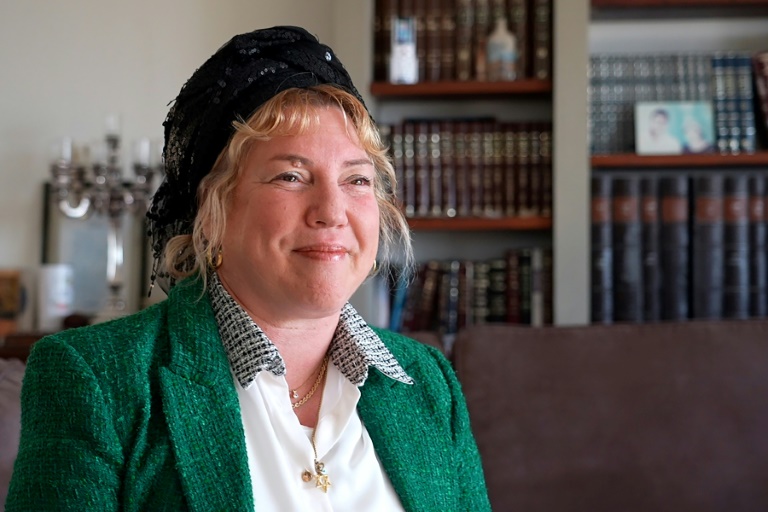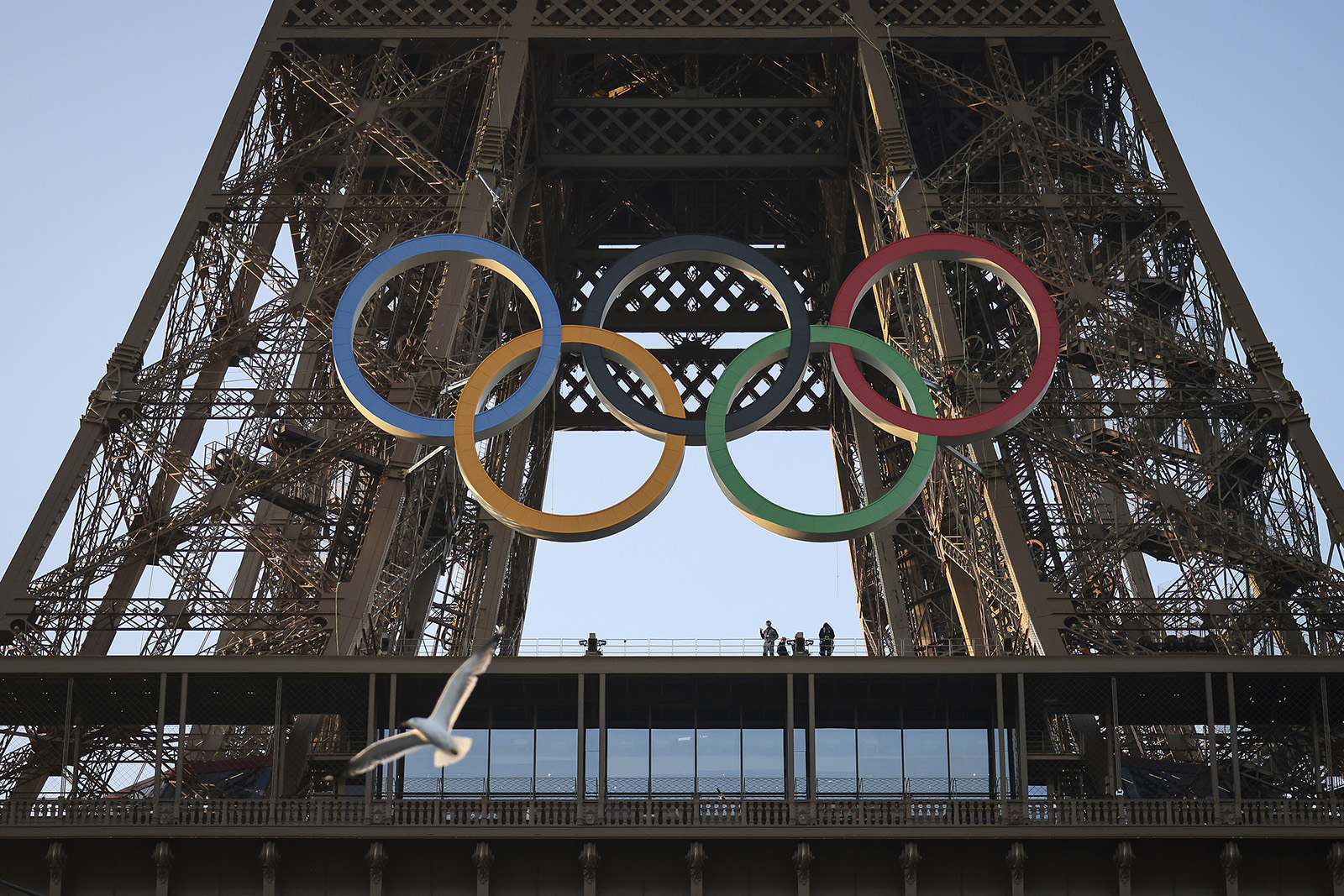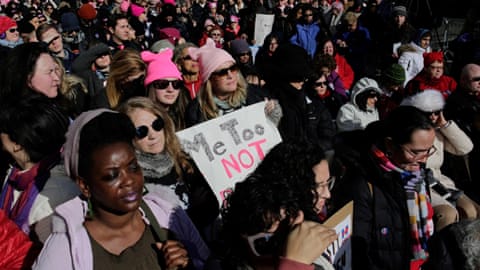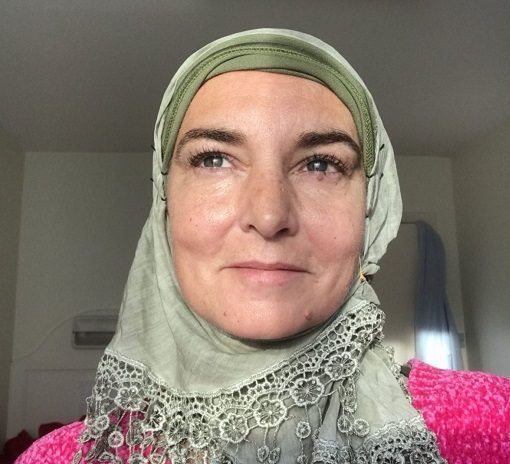THE FACTS: No such generalization is supported by the diverse circumstances for women in the Muslim world. The United States has yet to see a woman as president, many years after Muslim women achieved national leadership in other countries, most prominently Pakistani Prime Minister Benazir Bhutto back in the late 1980s and in the 1990s.
Some Muslim societies are indeed repressive by Western standards, enforcing or pressing for norms such as clothing that covers all but their eyes or faces; bans on driving, voting and education; and restrictions on interacting with the other sex. But many Muslim women adhere to Islamic norms not out of fear or repression, but in observance of faith and their own preference.
In almost all countries with majority Muslim populations, women set their own dress codes, graduate from universities, interact with men, work as Western women do, hold senior government posts and take part in competitive sports.
You may be interested

